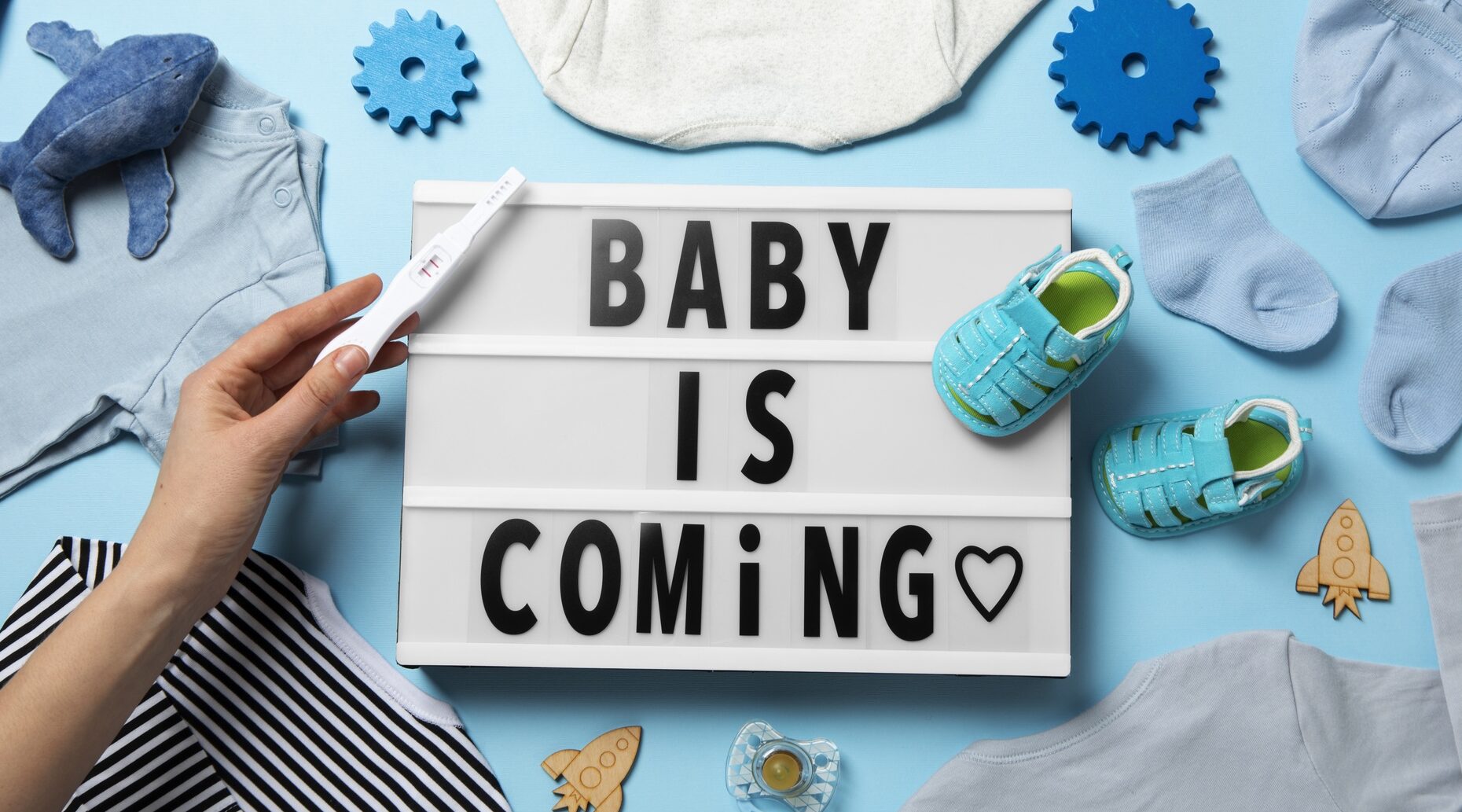Should you repeat a test if you get a negative result?
Getting a negative pregnancy test result when you’re trying for a baby can be extremely disappointing. It’s natural to feel disheartened, but remember that getting pregnant can take some time, so try not to lose hope if it doesn’t work out from month to month. If you have a feeling you might be pregnant and want to test again to be absolutely sure, then that’s completely normal. However, as hard as it can be to wait, you’ll likely get a more accurate result if you don’t take another test too soon.
If pregnancy is suspected despite a negative test, the test should be repeated in one week, you could also speak to your doctor, who might recommend that you have a blood test to determine whether you’re pregnant. These are more sensitive to pregnancy than urine tests, as they can detect lower levels of hCG, meaning they’re quicker to provide an accurate result.
Could a negative pregnancy test result be wrong?
You may be wondering whether it’s possible to get a negative pregnancy test even when you are actually pregnant. The answer is yes, there are circumstances when a negative result could be wrong.
So why exactly would a pregnancy test give a false-negative result? Let’s take a closer look at some of the reasons.
a. Incorrect use
If you don’t use the pregnancy test correctly (for example, by checking the results too soon), it may not be accurate. Incorrect use of any test can result in errors in results, to prevent this from happening, always read and follow the test instructions carefully.
b. Faulty test
In some instances, the home pregnancy test itself might be faulty. You could try taking another pregnancy test to see if you get a different result.
c. Testing too early
Timing is everything when it comes to taking a home pregnancy test. For the most accurate results, take your test the day after a missed period. If you test too early, your urine pregnancy hormone level may be too low to detect on the home kit, and it may show up as negative.
d. Miscalculated menstrual cycle
Of course, in order to take a test after the first day of a missed period, you need to be pretty familiar with the length of your menstrual cycle. But this can be easy to miscalculate, especially if you’re one of the 14% to 25% of women whose menstrual cycles are irregular. If your ovulation varies by a few days because your cycle varies in length, it can throw off when the hCG is first detected in the urine,This means a pregnancy test might come back negative, even if you are pregnant at this time.
e. Diluted hCG levels
Especially in the first few days after implantation, when your body’s levels of hCG are low and still rising, the amount of water in your urine can impact the result of your pregnancy test. If urine is diluted, there might not be enough pregnancy hormone in it to be detected.
f. Too much hCG in the urine
Confusingly, when levels of hCG are too high, they can also interfere with pregnancy test results.
Reprinted from Flo Health.

